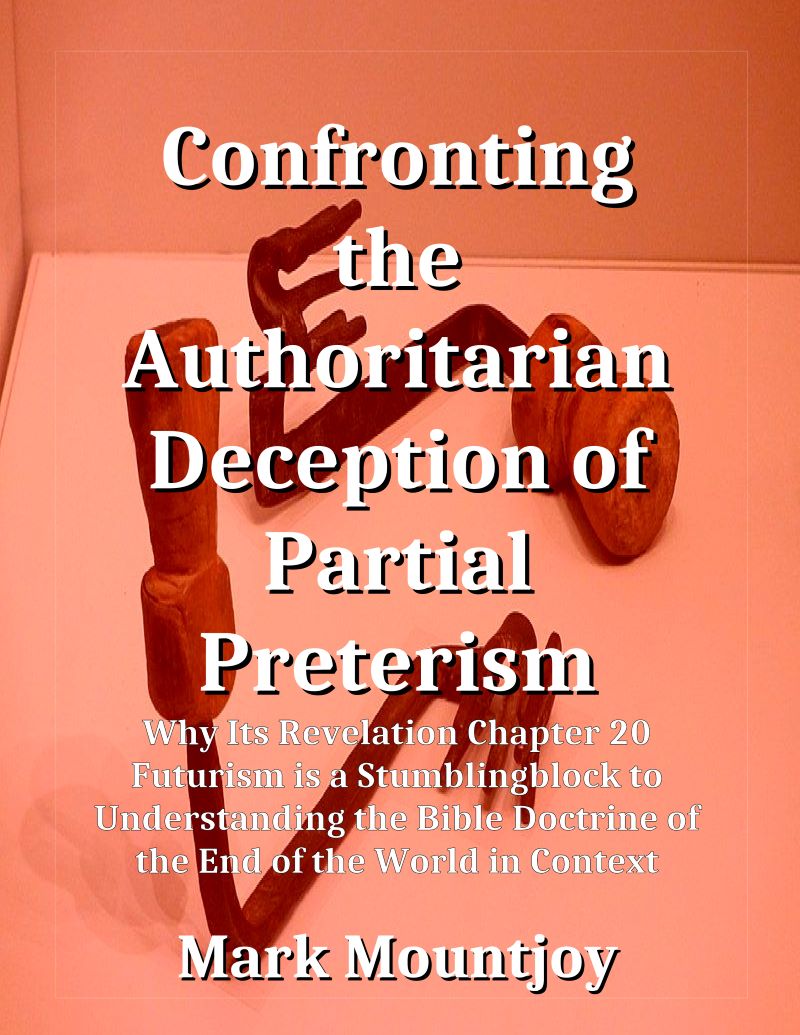[Click the image to review]
Description: This essay is like a critical review of a history book that chronicles two great wars - the First Great Revolt and the Third Hebrew War against the Romans. These wars are like two chapters in the same book, telling the story of a nation's struggle for freedom and identity.
The First Great Revolt, fought from AD 66-70, is like the opening chapter of this book. It sets the stage for the conflict, introducing the key players and the reasons behind the uprising. The pages are filled with tales of bravery and sacrifice, but also of division and internal strife. The chapter ends with the destruction of the Second Temple, a devastating blow to the Jewish people.
The Third Great War, waged from AD 132-136, is like the climax of the book. It builds upon the events of the first chapter, but the stakes are higher, and the scale is grander. The protagonist, Simon Bar Kokhba, is a formidable leader who unites the Jewish and Hebrew people under a common cause. The pages are filled with accounts of stunning victories and the near-defeat of the Roman Empire. However, the chapter ends in tragedy, with Abraham's direct descendents suffering a crushing defeat and facing the consequences of their failed rebellion.
Importantly, this history book was completed 18 centuries ago, with the final chapter chronicling the aftermath of the Third War. The prophecies of Ezekiel 38 and 39, which foretold this unique Hebrew conflict, have been fulfilled, and the book has been closed.
The essay examines two groups of Christian scholars debating the meaning of this history book. The first group, the Full Preterists, insists that the entire story is contained within the first chapter, ignoring the significance of the Third War. This is like trying to understand the full impact of World War II by only studying World War I. Their justification rests on insisting Revelation 20 is a repeat account of Revelation 19.
The second group, the Partial Preterists, acknowledges the importance of the first chapter but refuses to recognize the chapter on the Third War is a distinct and significant event but also in the Hebrew past. Instead, they argue that the climax of the story has yet to be happen, thousands of years in the future, despite the fact that the events in that chapter were realized and completed 18 centuries ago. This is like saying that World War II hasn't happened yet, even though it ended over 75 years ago, and failing to acknowledge its unique characteristics and outcomes.
The essay argues that to fully grasp the message of the Book of Revelation as real history, we must read both chapters in their proper context, recognizing the unique challenges and outcomes of each great Hebrew eschatological war while also understanding how they are connected. We must also acknowledge that prophecy was finalized long ago, with the Bar Kokhba War serving as the climax and fulfillment of the prophecies in Ezekiel 38 and 39. Only then can we truly appreciate the full scope of the Hebrew people's disobedience and struggle and the lessons it holds for us today.

